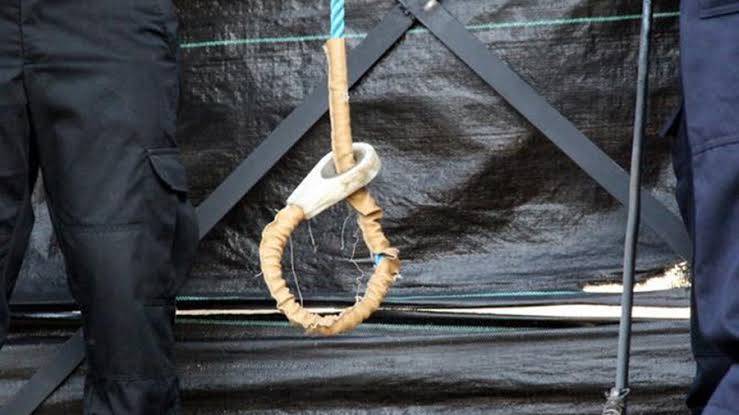Pakistan to soon start public hanging of Rapists?
Shares

On Thursday, a Senate panel in Islamabad made a significant decision by passing a bill, with certain modifications, that advocates for the public hanging of rapists. This development unfolded amidst notable opposition from the PPP (Pakistan People's Party) and the interior and foreign affairs ministries.
The bill itself was initially put forward by Senator Mushtaq Ahmed from the Jamaat-i-Islami party, aiming to introduce amendments to sections 375, 375A, and 376 of the Pakistan Penal Code (PPC), as well as Schedule-II of the Criminal Procedure Code (CrCP).
Under the chairmanship of Senator Mohsin Aziz, the Senate Standing Committee on Interior engaged in extensive discussions regarding these amendments. Their primary focus was the removal of section D and the introduction of public hangings as a punitive measure for rapists.
This heightened demand for public hangings came about following a highly publicized gang-rape incident that occurred on the Lahore-Sialkot motorway in September 2020, which had stirred widespread outrage and calls for harsher penalties for rapists.
In the midst of these deliberations, Senator Sherry Rehman, representing the PPP, emerged as a strong voice of opposition against the concept of public hangings for rapists. Her argument centered on the preference for life sentences as a more just punishment, citing concerns about flawed verdicts and the insufficient evidence connecting deterrence to public executions.
She also highlighted the trend among civilized societies that have predominantly abolished executions as a form of punishment, raising important ethical questions about the role of capital punishment in modern legal systems.
This development signifies a significant step in the ongoing debate surrounding punishments for rapists in Pakistan, with differing opinions on the appropriateness and effectiveness of public hangings as a deterrent. As the bill progresses, it remains to be seen how this controversial issue will evolve and what implications it may hold for the country's legal and justice systems.
In conclusion, the Senate panel's decision to pass a bill advocating for the public hanging of rapists, despite opposition from various quarters, reflects the ongoing discourse on reforming punitive measures for sexual offenders in Pakistan. It is a pivotal moment in the country's legal landscape, sparking discussions on the effectiveness and ethics of such penalties, and it underscores the broader debate surrounding the role of capital punishment in contemporary societies.
